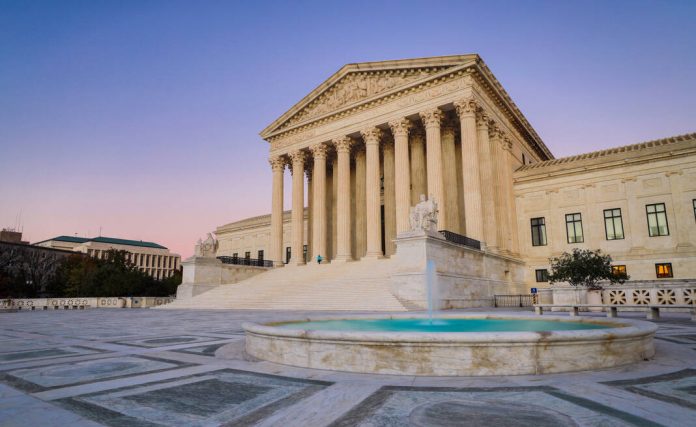Nursing home patients can sue providers that accept Medicaid in federal court, the U.S. Supreme Court decided Thursday in an Indiana-born case with implications for millions of Americans.
It was a stunning loss for Marion County’s Health and Hospital Corp.—the state’s leading nursing home operator—and a surprise victory for patients, advocates and those who participate in other federal safety net programs.
HHC “urges us to reject decades of precedent,” Justice Ketanji Brown Jackson wrote in the 7-2 majority opinion, calling the agency’s arguments “unpersuasive.”
Talevski’s family filed a lawsuit in 2019 alleging the facility used powerful psychotropic drugs to chemically restrain him, and moved him involuntarily and without prior notice to another facility 90 minutes away in Indianapolis.
The 1987 Federal Nursing Home Reform Act places restrictions on both of those practices. Talevski’s wife, Ivanka, alleged HHC violated her husband’s rights.
Ivanka Talevski said she could sue because a short chunk of federal code—Section 1983 —lets any American sue any entity acting under state law that they believe has violated their legal rights. The section originated in 1871 code, in the context of civil rights deprivations in some states following the Civil War.
HHC, however, argued that laws Congress enacts via its spending power are exempt under its reading of 1870’s era common law: If an entity gets federal funding in exchange for complying with federal regulations, that’s like a contract that third parties—patients—can’t butt in on. HHC said other avenues for relief exist.
That argument had implications for not only other nursing home patients, but the millions of people who participate in social safety net programs more broadly: Medicaid, the Supplemental Nutrition Assistance Program, the Children’s Health Insurance Program and Temporary Assistance for Needy Families.
HHC alternately argued that the nursing home act didn’t create a right that patients can seek to enforce via legal action.
“We reject both” of HHC’s central arguments,” Jackson wrote. “‘Laws’ means ‘laws,’ no less today than in the 1870s, and nothing in petitioners’ appeal to Reconstruction-era contract law shows otherwise.”
The court heard the case in November.
It generated outrage within Indiana, with protestors and even local lawmakers unsuccessfully urging HHC to drop the case.





